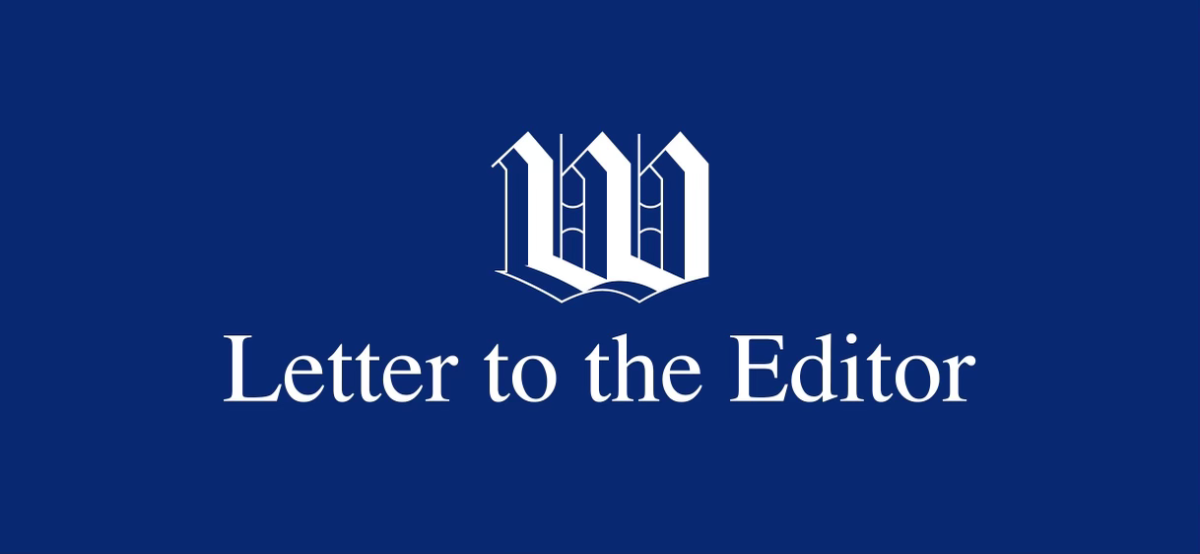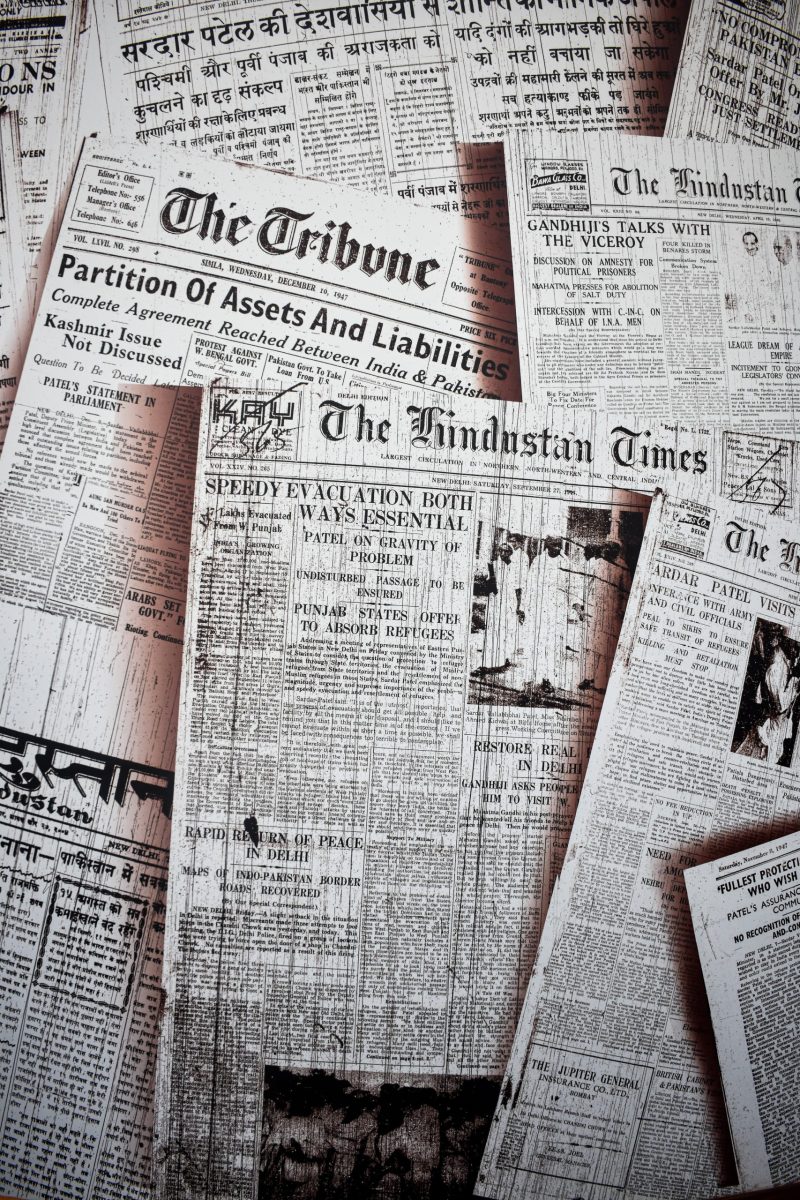October 22, 2014
We are writing this letter because we have been shocked by the accusations that have been publicly leveled at Charles Bu by a member of our community. We see this not simply as a matter between two individuals, Charles Bu and Tom Cushman, but as one that endangers the standing of an entire group: persons of Asian descent. We are concerned by both the substance and the wording of the allegation contained in the article, “Policing University Partnerships in Authoritarian Countries” (New York Times, Oct. 5, 2014), even in the “corrected” version. Most of all, however, we are concerned by the dangerous assumptions that lie behind this allegation: assumptions that directly affect the lives of a large portion of the Wellesley community.
The charge made against Charles Bu, of “promoting the agenda of the Communist Party,” stems from a belief that is all too familiar in American history. The belief that people of Asian descent, by virtue of their race, cannot at heart be loyal citizens led directly to the internment of 120,000 Japanese Americans after Pearl Harbor on the grounds of national security. The majority of them were U.S. citizens; many were young children. Historians have since shown that there was no basis for the charge that Japanese Americans would have spied for the Japanese government. Nevertheless, these persons were deprived of their rights, their property, and their dignity on the basis of such reasoning. More recently, the case of the Taiwanese-American scientist Wen-Ho Lee, wrongfully accused of espionage for the Chinese government, jailed and put into solitary confinement, reminds us of this truth: that accusations of disloyalty are the most pervasive, and the most dangerous form of hostile treatment that Asian Americans as a group continue to face today.
We are deeply troubled by the implication contained in an email sent to all faculty on Oct. 22 (see below) that an Asian American who disagrees with one particular faculty member’s political beliefs is not in control of his or her own actions or words, and is merely an instrument of a foreign regime. According to this line of “reasoning”, any faculty or student at Wellesley of Asian descent who does not actively identify herself as an anti-Communist dissident and supporter of one particular political project, stands under suspicion of being a disloyal American.
Such words and behavior, whether intended or not, are creating a dangerous and toxic environment at Wellesley for members of our community of widely varying backgrounds and convictions, and most of all for those who are of Asian descent. If unchallenged, they are likely to damage our reputations and our lives, and the reputations and lives of our students and our children. We wish to make clear that we reject such pernicious forms of thought.
Signed:
Yoon Sun Lee
Jim Kodera
Karen Shih
Anastasia Karakasidou
Marty Magid
Marianne Moore
Barbara Beatty
Kaye Peterman
Takis Metaxas
Catia Confortini
Megan Kerr
Paul Fisher
Hahrie Han
Wini Wood
Phil Hirschhorn
Phil Kohl
Mingwei Song
Alan Shuchat
Bill Joseph
Flick Coleman
David Haines
Sun-Hee Lee
Ellen Widmer
Margery Sabin
Nancy Hall
Tak Matsusaka
Pat Giersch
Eve Zimmerman
Yu Jin Ko
Joy Renjilian-Burgy
Michael Jeffries
Elena Creef
David Teng-Olsen
Flavia Laviosa
David Ward
Margaret Carroll
Salem Mekuria
Roxanne Euben
Alejandra Osorio
*”Certainly [Bu] had the right to do [question Xia’s record], but so too did those of us who were defending Xia have the right to ask the question of Bu’s actions: cui bono?
I will leave it to readers to surmise whether such actions, whatever else Professor Bu thought he was doing, constitute acts of agency on Professor Bu’s part, and whom they benefitted. It certainly was not my colleague and co-author, Dr. David Yeliang Xia.” (Tom Cushman, email communication to all faculty, Oct. 22, 2014, emphasis added)





